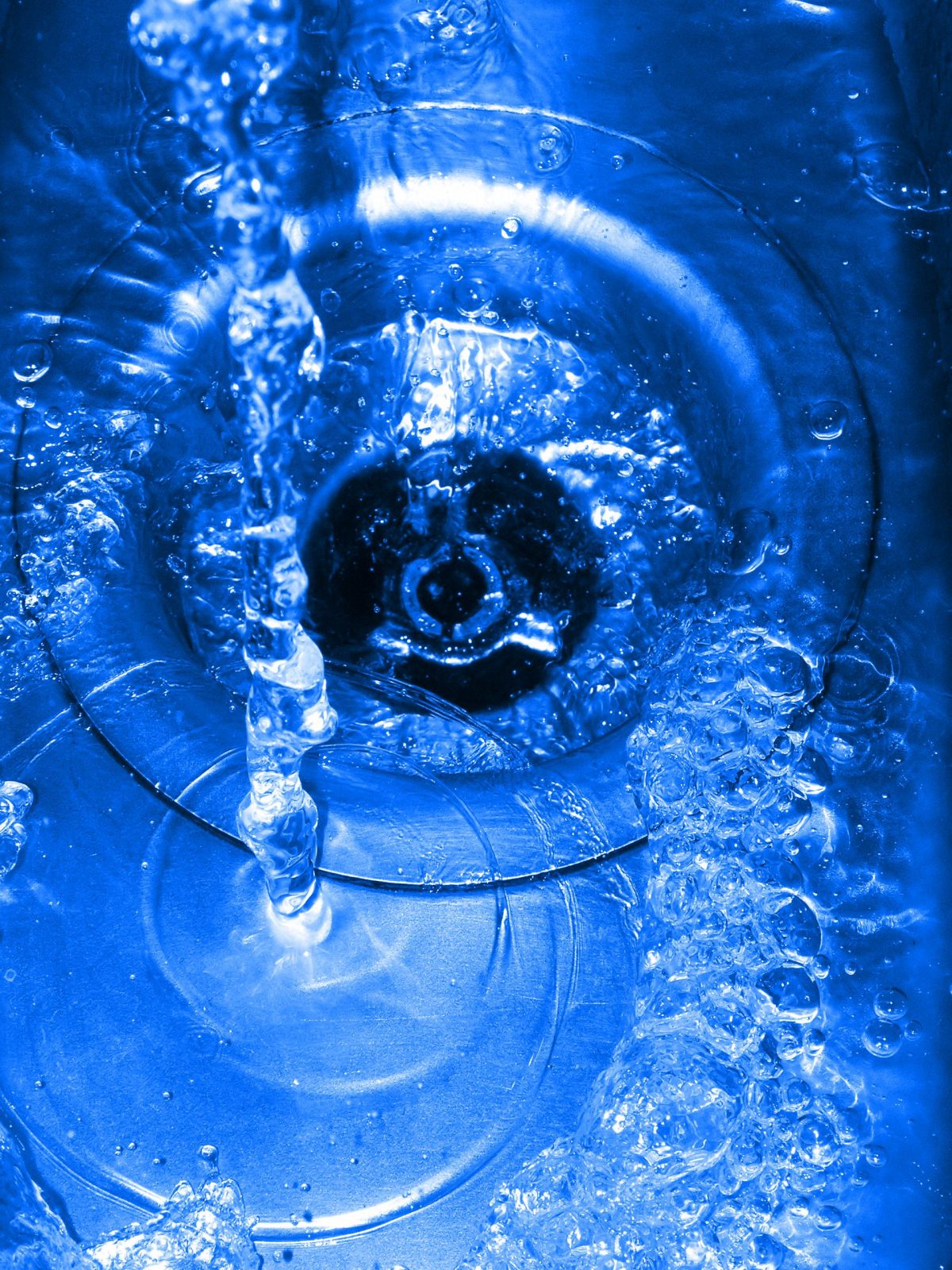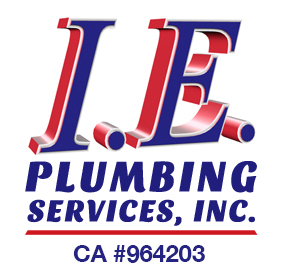
A water softener is a helpful appliance, reducing hard water buildup in pipes and appliances, but a noisy water softener can be concerning. If you’re hearing strange sounds, it may indicate a range of issues, from normal functioning sounds to signs of a needed repair. Understanding these sounds can help you know when to call in a professional.
Common Sounds Your Water Softener Might Make
Different sounds can mean different issues or functions in your water softener. Here are some typical sounds to listen for and what they might indicate.
- Hissing Noise
A hissing sound is often a sign of the water softener’s regeneration cycle. During regeneration, water flows into and out of the unit, creating a soft hissing or whooshing noise as it pushes water through the system. This is a normal sound and nothing to be worried about.
However, if the hissing noise is continuous or louder than usual, it could indicate a problem. It’s a good idea to monitor the frequency and duration of this sound. Prolonged hissing sounds can sometimes signal a stuck valve or an issue with the brine tank, both of which are best handled by a professional plumber.
- Clicking or Ticking
Clicking or ticking sounds often come from the timer or control valve as it initiates the water softener’s regeneration cycle. This clicking is generally a part of normal operations, as the unit moves through various stages of regeneration.
If, however, the clicking is continuous or irregular, there may be an issue with the control valve. Control valves are intricate components that regulate water flow, and if damaged, they can lead to overuse of salt or water. Seeking professional help can prevent further issues and ensure your system operates effectively.
- Rattling or Banging
Rattling or banging sounds are less common and can indicate a more serious issue. These sounds can sometimes mean that the water softener is installed too close to the main water supply, leading to vibrations. Additionally, loose pipes or fittings might be causing the sound as water moves through the system.
Another potential cause could be air trapped in the lines. Air pockets can develop in the water softener, creating a rattling sound as water pushes through. Persistent rattling or banging is a reason to call in an expert, as it may indicate installation or plumbing problems that need prompt attention.
Why You Shouldn’t Ignore a Noisy Water Softener
A noisy water softener may seem minor, but it can signal underlying issues with the unit that may worsen if left unaddressed. Here are some reasons to pay attention to unusual sounds:
- Efficiency Loss: A malfunctioning water softener will not work efficiently, potentially leading to increased salt and water usage and higher utility bills.
- Pipe Damage: Persistent rattling or banging could eventually cause damage to pipes or connections, resulting in leaks or other costly repairs.
- Water Quality: If your water softener isn’t working properly, you might notice hard water symptoms again, like spots on dishes, dry skin, and reduced soap lathering. This means your system isn’t providing the quality of water it should.
Regular maintenance and addressing strange sounds can prevent larger problems down the road, ensuring that your water softener continues to provide the benefits of softened water.
Troubleshooting Common Water Softener Noises
Before calling in a professional, there are a few steps you can take to troubleshoot the noise issues.
Check the Settings
Sometimes, the water softener’s settings may be too high or incorrectly configured, causing unusual noises. Reviewing the user manual to ensure the settings align with your home’s water usage can sometimes resolve minor sound issues.
Inspect the Salt Level
If your water softener uses salt, inspect the salt level and make sure it’s not too low or too high. Excessive salt can lead to clogs in the brine tank, which might produce hissing or other sounds as the water moves through.
Clean the Brine Tank
A clogged or dirty brine tank can lead to various issues with your water softener. Cleaning the brine tank, or at least giving it a thorough check, can help to identify if the buildup is the source of the noise. Here’s a helpful guide on how to maintain a brine tank to keep your system running smoothly.
Look for Loose Parts
Sometimes, noises can be as simple as a loose component within the water softener. Carefully check that all parts are secure, and if you find any loose connections, tighten them. However, if the loose part is within the valve or motor, it’s best to consult a plumber to avoid causing any further damage.
When to Call a Professional for Help
If you’ve tried these troubleshooting steps and the noise persists, it’s time to contact a professional. A plumber can conduct a thorough inspection to diagnose and repair any issues that may be affecting your water softener. Professionals are equipped to handle more complex issues, including:
- Malfunctioning Control Valve: This component can become damaged over time, especially if the water softener is older.
- Air Pockets or Water Pressure Issues: Persistent air pockets or irregular water pressure are often signs of installation or maintenance issues requiring specialized knowledge.
- Motor or Electrical Malfunctions: If the motor or internal components are damaged, a professional can advise on whether it’s best to repair or replace the unit, ensuring you get the best long-term solution.
IE Plumbing, Serving Southern California
If your water softener is making unusual noises and you’re located in Southern California, IE Plumbing is here to help. Our team specializes in water softener repair and maintenance, providing reliable solutions to ensure your system functions efficiently.

 951-375-9599
951-375-9599